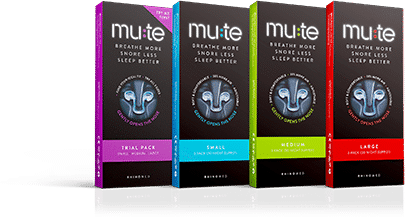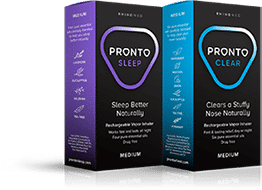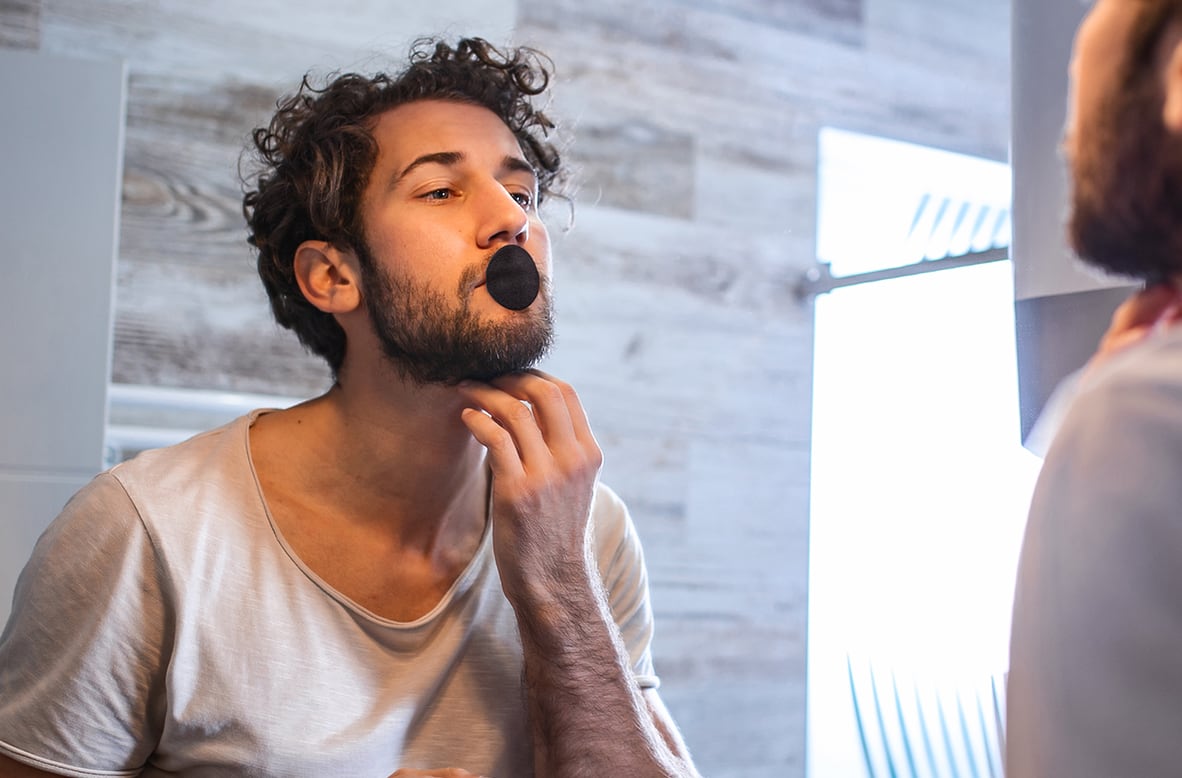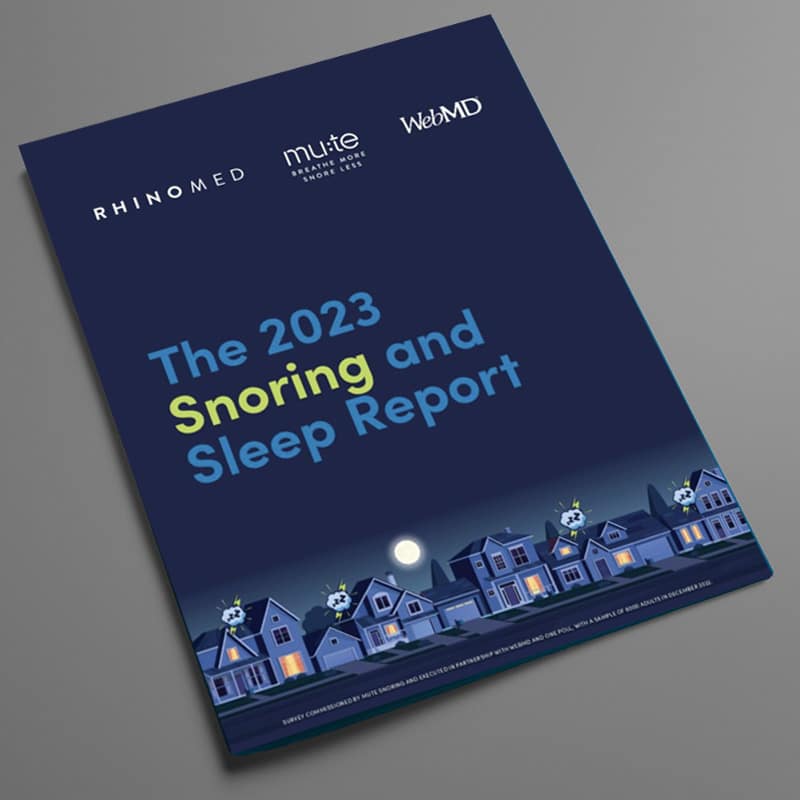HOW SLEEP HELPS THE
BODY TO HEAL
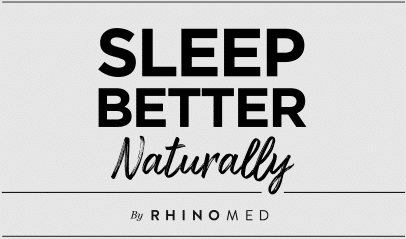
Medically Reviewed by
Dr Ronald Krueger MD F.A.A.C.S.

EVER WONDERED WHAT YOUR BODY IS REALLY UP TO AS YOU SLEEP? THERE’S MORE GOING ON THAN YOU KNOW!
While you’re dreaming away, your body is actually hard at work healing and repairing itself so that you wake up feeling stronger and healthier.
With fewer demands on your body when you sleep, it has time to recover from the stresses of the day and perform restorative tasks that reset your energy, hormone, and stress levels.
Getting enough good quality sleep allows your body time to reboot itself so that you wake up feeling refreshed and ready to take on the challenges of another day. It also protects you from feeling overwhelmed, constantly stressed and run down which can happen when you miss out on the sleep you need.
Importantly, good sleep is integral to preserving your health in the longer term by guarding against many chronic diseases.
Let’s take a closer look at how your body heals and restores itself as you sleep.
The mystery of what exactly happens to our bodies when we sleep has long fascinated researchers. But recent studies have confirmed what sleep experts have suspected all along – that sleep plays a vital function in the body’s ability to fight infection and recover from illness and injury.
Dr. Michael Twery, who leads the National Center on Sleep Disorders Research at the National Heart Lung and Blood Institute, says that sleep is one way for the body to recover and protect itself from illness.
If you’ve been feeling particularly low on energy, sleep can help you push the reset button on your energy levels. So if you haven’t been making sleep a priority, here’s why it’s worth making sleep a priority in your schedule to sleep.
Let’s take a closer look at what happens when you go to sleep.
Immune health
The Kerry Global Consumer Survey on Immune Health found that immune support was the most important health concern for 63% of consumers with 19.5% saying that they purchased lifestyle products to boost their immunity.
If you fall under this category, look no further – when you sleep, your body gets the opportunity to produce more of the white blood cells that attack viruses and bacteria that prevent it from healing. This also helps reduce inflammation and aid in the healing process.
So when you don’t get enough shut-eye, your immune system may not be as effective at fighting or protecting you from infection.
Muscle health
If there are muscles in need of healing, the brain triggers a rush of hormones that promote tissue growth that repairs the blood vessels when you sleep. This process helps ease muscle soreness, rebuild damaged muscles, and encourage wounds to heal properly. That’s why physical trainers advocate rest and sleep for muscle gains.
Cardiovascular health
Sleep-deprived individuals are at greater risk of developing high cholesterol, which in turn can trigger a heart attack or a stroke. According to the World Health Organization (WHO), heart disease is the leading cause of death around the globe.
Sleep deprivation can cause your sympathetic nervous system to become overactive, initiating the release of excess adrenaline and signaling for the tissues to go on standby. This forces your heart to work harder.
When you fall into restful sleep, your blood pressure drops, your breathing slows, and the muscles relax. With your body in this state, there are naturally fewer demands on your heart.
Brain health
Sleep is essential if you intend to solve problems and stay focused at work. Some people think they can get by on three to four hours of sleep each night but this only maintains minimal cognitive functioning enabling you to accomplish basic tasks like showering or getting dressed.
However, complex tasks like managing your finances or making a pitch at work might be more difficult to do on such little sleep. Your brain needs time during sleep to deploy its inbuilt cleaning system, the glymphatic system, which enables our brains to eliminate toxins and prepare for higher order task and challenges.
Energy levels
There are fewer demands on your body when you go to sleep, allowing it to recover and perform restorative tasks that reset your energy, hormone, and stress levels. Getting enough sleep allows you to feel refreshed and ready to take on the challenges of another day so that you don’t feel overwhelmed or constantly stressed.
Liver health
Your liver follows a natural rhythm that guides its functioning depending on the time of day. Research has shown that the liver adapts to feeding and fasting cycles as well as phases of rest and activity. Experts believe that any disruptions to the circadian clock can have an effect on liver functions like eliminating toxins and maintaining blood sugar levels.
Weight maintenance
People who don’t get enough sleep usually compensate by consuming more calories throughout the day. This is because sleep deprivation disrupts the balance between hormones responsible for suppressing and stimulating your appetite.
The Harvard School of Public Health also found that women who only got about five hours of sleep were 15% more likely to be affected by obesity than those who slept seven hours.
Dr. Phyllis C. Zee, director of the Sleep Disorders Center at Northwestern University Feinberg School of Medicine, also says that sleep loss has been linked to changes in the way your body utilizes glucose, which can potentially lead to pre-diabetes, or a state of insulin resistance.
She also says that there is evidence to suggest that lack of sleep affects appetite regulation, which can cause you to overeat or eat more of the kinds of food that contribute to being overweight or obese.

How to get a good night’s sleep
Falling and staying asleep should be easy and straightforward, but most of the time, it isn’t. From environmental factors like blue light and noise pollution to health issues like congestion and narrowed airways, there are surprisingly a lot of things that prevent us from getting a good night’s sleep.
The good news is that you have control over some of those issues. Small changes, like keeping your bedroom dark and cool, getting some exercise through the day and switching off your phone before you go to sleep, and addressing health issues like congestion or a compromised nasal airway, can make it easier for you to fall and stay asleep.
https://www.everydayhealth.com/sleep/how-sleep-heals-the-body.aspx
https://www.mayoclinic.org/healthy-lifestyle/adult-health/in-depth/sleep/art-20048379
https://www.sleepadvisor.org/sleep-statistics/
https://www.thegoodbody.com/sleep-statistics/
https://www.sleepadvisor.org/sleep-statistics/#reference
https://www.hsph.harvard.edu/obesity-prevention-source/obesity-causes/sleep-and-obesity/
https://www.cdc.gov/nchs/fastats/sleep-health.htm
https://www.cdc.gov/heartdisease/facts.htm
https://www.sterlingridgedentistry.com/blog/the-nose-is-for-breathing-the-mouth-is-for-eating

IF YOU’RE WAKING UP WITH A DRY MOUTH OR YOUR PARTNER TELLS YOU YOU’VE BEEN SNORING, THEN IT COULD BE THAT YOU’RE BREATHING THROUGH YOUR MOUTH DURING SLEEP RATHER THAN YOUR NOSE. REMEMBER THE NOSE IS FOR BREATHING, THE MOUTH IS FOR EATING!
THE SLEEP BETTER NATURALLY SERIES is sponsored by Rhinomed, a medical technology company dedicated to improving sleep through better breathing. Rhinomed is the maker of Mute, to aid snoring, and Pronto Sleep, to help you fall asleep and stay asleep, naturally.
